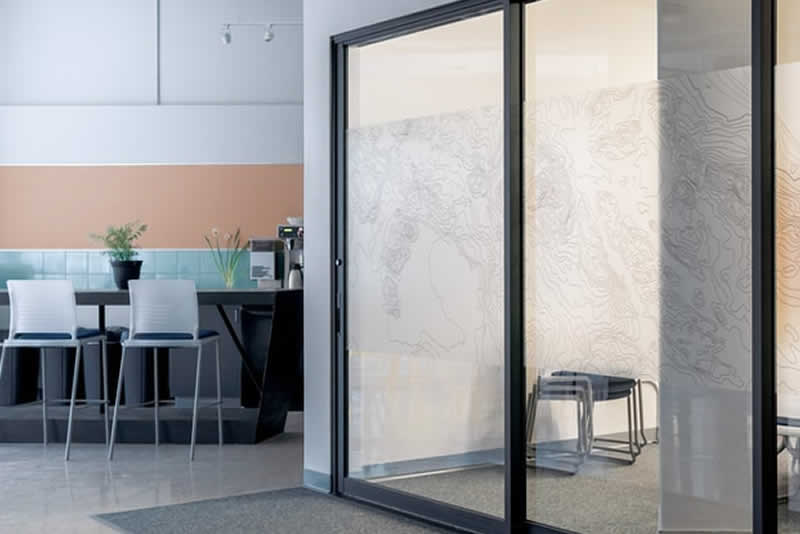It may come as a surprise to find out that there are many different thicknesses of glass. Each thickness is appropriate for a different kind of application, and having the right thickness of glass for the right application is essential for practicality and safety. Here are the proper thicknesses of glass panes for different applications.
Picture Frames
When selecting a glass thickness for picture frames, stick to the thinner side. Picture frames do not require the same kind of strength as the glass used for other purposes. Using a pane of glass that is 3/32″ or 2. mm thick is perfectly fine for a picture frame. It is unnecessary to go much thicker, as a picture frame doesn’t have to support weight or provide structural security.
Cabinet Door Panels
For cabinet door panels, you will need glass that’s a little thicker than for a picture frame. Cabinet door panels on tables with glass doors get more use than picture frames, leaving them more susceptible to breaking. The cabinet size will ultimately determine the thickness necessary, but for small cabinet panels, a 1.8″ or 3.2 mm thickness pane of glass should be sufficient. For larger cabinets, consider going up to 3/16″ or 4.8 mm thickness to add extra stability and strength.
Tabletops01
Glass tabletops need extra thickness to support weight and to maintain integrity. The tabletop size determines the thickness required, ranging from 1.4″ or 6.4 mm thickness for standard enclosed tabletops to 1″ or 25.4 mm thickness for large, free-standing tabletops. For the smallest tabletops, you can get away with 1/8″ thickness.
Shower Doors
Shower doors are required to be relatively thick, as the shower presents particular stresses and strains like temperature change and exposure to water. The minimum thickness for a framed shower door should be 1/4″ or 6.4 mm thickness. For a frameless shower door, this recommendation goes up to 3/8 ” or 9.5 mm thickness. For large shower doors, you should go for about 12. mm thickness.
Shelves
Shelves require stability and strength to support the weight of the items they hold. For small shelves, you can go as thin as 1/4″ thickness glass. For the larges shelves, you should opt for 19.1 mm thickness for extra strength.
Countertops
Countertops are some of the thickest panes of glass that you will find for personal use. The smallest countertops will require at least 1/2″ or 12.7 mm thickness to meet safety standards. For larger countertops, you can go up to 3/4″ – 1″ thickness. Consult a glass expert for more specific recommendations for your project
Glass Doors
Glass doors also require thick pieces of glass. The thinnest acceptable width for a glass door is 1/4″ or 6.4 mm. Ideally, for large doors, thicker glass is recommended for the sake of strength and insulation.
Hopefully, now that you understand the proper glass thickness for different practical applications, you can always have the right pane of glass for the right piece of equipment. This guide should help you get started with any glass doors repair, sliding mirror door replacement, or any other type of glass project in your home.



